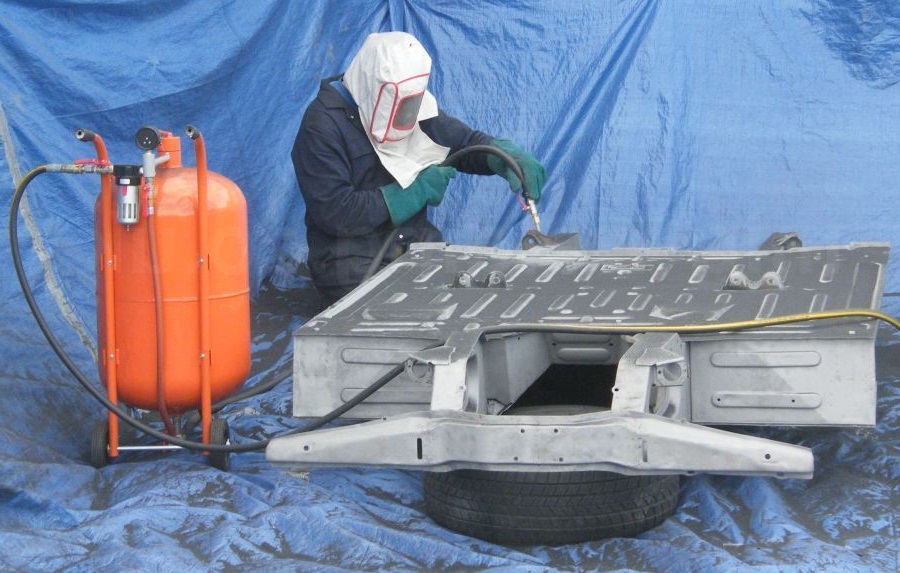Whether you’re a seasoned or an inexperienced DIY-er or woodworker, nothing compares to the power and efficiency of power tools. The problem is, power tools typically need to be powered either by gas, electricity or an air compressor. In my personal opinion, having your tools powered by an air compressor bears significant advantages. First and foremost, it’s the safer and more environmentally-friendly option, and it may bear lower maintenance and operational costs in the long run.
A lot of people think of the air compressor as a tool itself, while in actuality it’s a device that consists of a cylinder and a piston – that’s meant to power a wide array of tools by releasing pressurised air for various application. Most commonly, they’re used in the construction industry, auto maintenance, woodwork, furniture assembly, where the majority of applications and tools used rely on compressed air for precision and speed, which includes bolting, nailing, sanding, greasing, painting, etc.

Let’s take sandblasting for example, nothing beats the air compressors for sandblasting, simply because of the sheer reliability, cost-effectiveness and consistency it provides. Sanding is one of the more exhausting tasks, and every time you swipe manually, grains of abrasive material leave streaks on the surface in some direction. Using air compressors for sandblasting power tools, on the other hand, solves this problem by sanding in circular, completely random directions, thus preventing marks from forming in any direction on the surface.
When buying an air compressor, it’s essential you choose the right size. If it’s too small it can waste time, because it will need time to build up pressure, or on the other hand, if it’s too big, it will waste resources for no reason. Just the right fit will provide enough airflow (which is measured in cubic feet per minute (CFM)) to power all the tools in your garage. Generally, you want 30% more CFM to the determined CFM number on your most powerful and demanding tool.
Besides CFM, you need to pay attention to the horsepower requirements of your tools. The horsepower determines how much air the compressor can produce. If an air compressor has high horsepower but low CFM, it will run hot quickly and it will have a short life-span. It’s also important to consider future needs and demands when it comes to CFM and horsepower. If you plan on getting a brand new tool that requires plenty of force, then get a more powerful compressor.